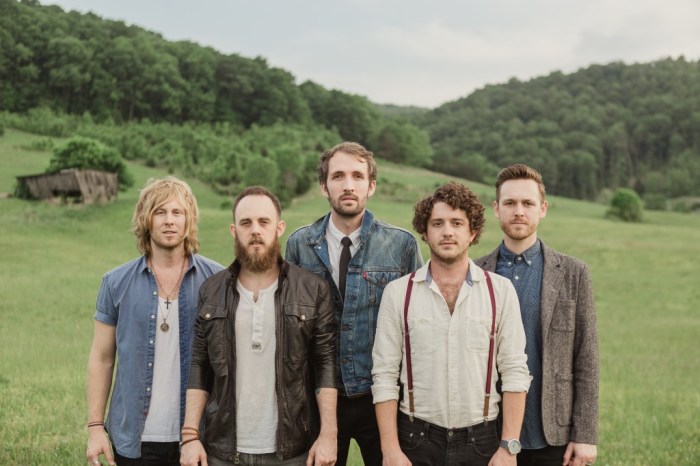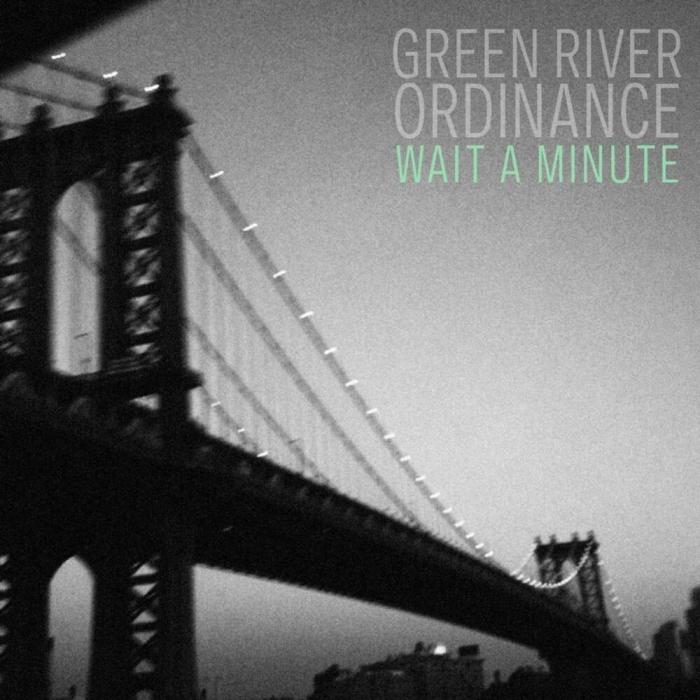The Green River Ordinance and Jehovah’s Witnesses: A Historical and Legal Examination delves into the intricate relationship between a controversial ordinance and a religious group. This exploration unveils the historical context, legal challenges, and lasting impact of the ordinance on the religious practices and freedoms of Jehovah’s Witnesses.
The ordinance, enacted in the early 20th century, imposed restrictions on the religious activities of Jehovah’s Witnesses, sparking legal battles that tested the boundaries of religious freedom. The ensuing legal challenges and their outcomes have shaped the legal landscape for religious expression and continue to resonate in contemporary debates on religious liberty.
Green River Ordinance and Jehovah’s Witnesses History

The Green River Ordinance was a local ordinance passed in the town of Green River, Wyoming, in 1943. The ordinance was aimed specifically at the religious practices of Jehovah’s Witnesses, and it prohibited them from engaging in door-to-door preaching and distributing religious literature within the town limits.
The ordinance was passed in response to complaints from some residents about the Witnesses’ activities. The Witnesses had been accused of being a nuisance, and some residents felt that their preaching was disruptive to the peace and quiet of the town.
Provisions of the Green River Ordinance
The Green River Ordinance contained several key provisions that restricted the religious practices of Jehovah’s Witnesses. These provisions included:
- A ban on door-to-door preaching
- A ban on distributing religious literature
- A requirement that Jehovah’s Witnesses obtain a permit from the town council before holding any public meetings
The ordinance also gave the town council the authority to revoke the permit of any Jehovah’s Witness who violated the ordinance.
Impact of the Ordinance on Jehovah’s Witnesses, Green river ordinance and jehovah’s witnesses
The Green River Ordinance had a significant impact on the religious freedom of Jehovah’s Witnesses. The ordinance made it difficult for the Witnesses to practice their faith openly, and it led to several arrests and convictions.
The Witnesses challenged the ordinance in court, but the ordinance was upheld by the Supreme Court of the United States in 1946. The Court ruled that the ordinance was a valid exercise of the town’s police power and that it did not violate the Witnesses’ First Amendment rights.
Legal Challenges to the Ordinance
The Green River Ordinance was challenged in court on several occasions. In 1946, the Supreme Court of the United States upheld the ordinance, but in 1962, the Court ruled that the ordinance was unconstitutional. The Court held that the ordinance violated the Witnesses’ First Amendment rights to freedom of speech and religion.
The town of Green River repealed the ordinance in 1965.
Significance of the Ordinance Today
The Green River Ordinance is a significant case in the history of religious freedom in the United States. The ordinance was one of the first cases in which the Supreme Court ruled on the constitutionality of a law that restricted religious practices.
The Green River Ordinance has also been cited in several other cases involving religious freedom. For example, the ordinance was cited in the Supreme Court’s decision in the case of
Expert Answers: Green River Ordinance And Jehovah’s Witnesses
What was the primary purpose of the Green River Ordinance?
The Green River Ordinance aimed to restrict the religious practices of Jehovah’s Witnesses, including their door-to-door preaching and distribution of religious literature.
How did the ordinance impact the religious practices of Jehovah’s Witnesses?
The ordinance prohibited Jehovah’s Witnesses from engaging in their customary door-to-door preaching and literature distribution, significantly hindering their ability to spread their religious message.
What were the key arguments presented in the legal challenges to the ordinance?
Jehovah’s Witnesses argued that the ordinance violated their First Amendment rights to religious freedom and free speech, while the government maintained that the ordinance was necessary to protect public order and safety.

